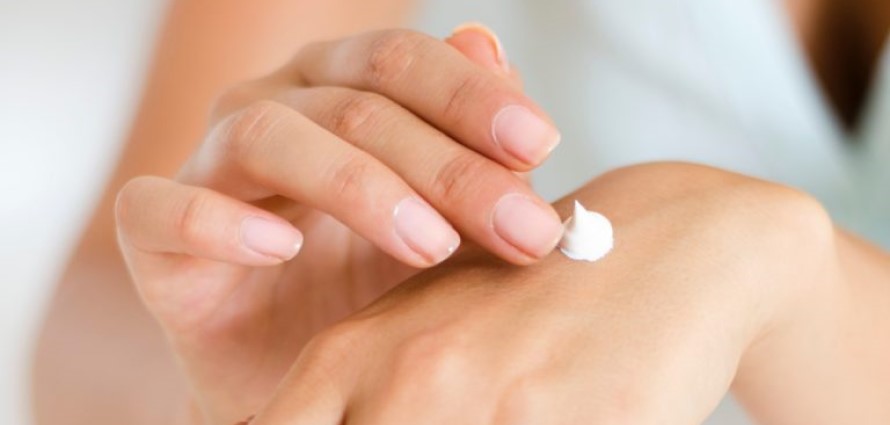Your skin is your body’s first line of defence against infection. Taking care of your skin is always a key part of well-being, but it is particularly important when you are facing surgery, radiation, chemotherapy or other cancer related procedures.
In preparation for surgery, it is important to ensure the skin in the operation area is well taken care of to best promote tissue healing. Skin that is damaged or dry can impair the body’s ability to heal and can increase the risk of infection. Following surgery, it is important to keep the skin clean and follow all post-operative protocols set out by your surgical team. These protocols may include when to bathe, steri-strip removal, nursing care visits and more. You can help prepare for surgery by asking your health care team how your skin integrity is and what they recommend to help support you through all phases of surgery. Other cancer treatments may also affect your skin.
Chemotherapy can also alter your skin health. Some people find that during chemotherapy their skin my change and become more dry, irritated or experience other alterations. It is important during chemotherapy treatment to keep your skin healthy in order to reduce your risk of infection. While undergoing chemotherapy you will likely experience a decrease in white blood cell counts which therefore increases your risk of infection. Whenever you have an opening in the skin you are exposing yourself to outside bacteria that can cause infections. While receiving chemotherapy treatments your body may struggle to fight off those infection exposures leading to increased risks. This is why it is important to maintain your skin health throughout chemotherapy treatment. Other medication based therapies may also cause skin changes and require special considerations for skin care, check with the prescribing doctor and your pharmacist for more information.
Another treatment that often affects your skin health is radiation therapy. Radiation therapy can cause burns and skin lesions to the radiated area. Thankfully there are some things that you can do to help protect yourself from this damage. One recommendation that has some evidence is to use creams that contain calendula in them (McQuestion, M., 2011). It is also recommended to avoid skin contact and exposing the tissue to sheering forces across the radiated area. Regardless of the preventative measures available it is important that you consult with your health care team to ensure you have implemented a skin care plan to help promote skin protection throughout your radiation journey (Sherman, D. W., & Walsh, S. M., 2022). You may experience skin changes due to radiation for a significant period after your treatments end, so be sure to keep in touch with your medical team following the conclusion of your treatment sessions.
Another aspect of skin care that is important to note is the importance of skin care for lymphedema prevention and management. Skin care is one of the 4 pillars of lymphedema management. For more information on this, check out our website.
Regardless of the therapy or need to maintain good skin integrity, this is an important part of risk reduction practices for almost all cancer patients. Touch base with your health care team to create a skin care plan to ensure you are prepared.
References:
McQuestion, M. (2011) Evidence-based skin care management in radiation therapy: clinical update, Seminars in Oncology Nursing, Volume 27, Issue 2, Pages e1-e17, ISSN 0749-2081. https://doi.org/10.1016/j.soncn.2011.02.009.
Sherman, D. W., & Walsh, S. M. (2022). Promoting Comfort: A Clinician Guide and Evidence-Based Skin Care Plan in the Prevention and Management of Radiation Dermatitis for Patients with Breast Cancer. Healthcare, 10(8), 1496. MDPI AG. Retrieved from http://dx.doi.org/10.3390/healthcare10081496


